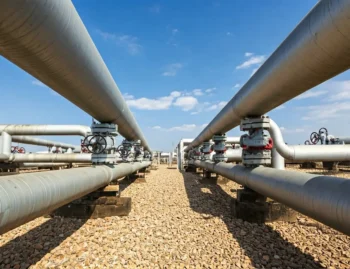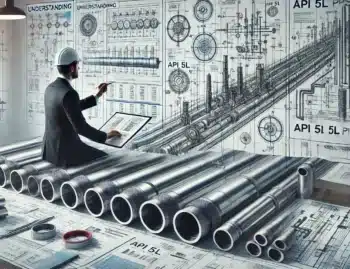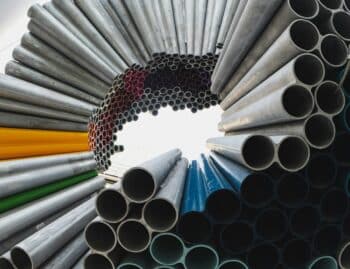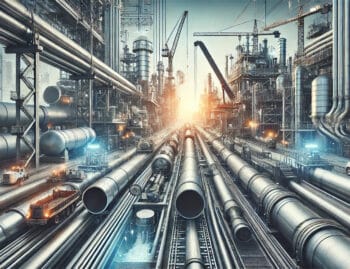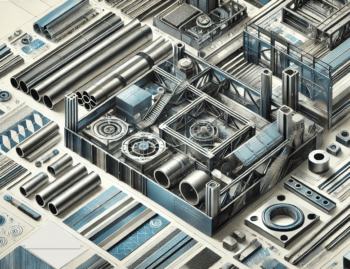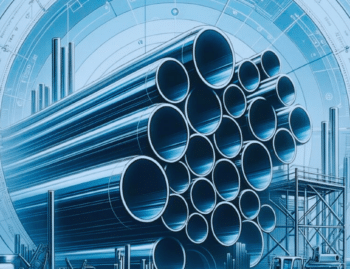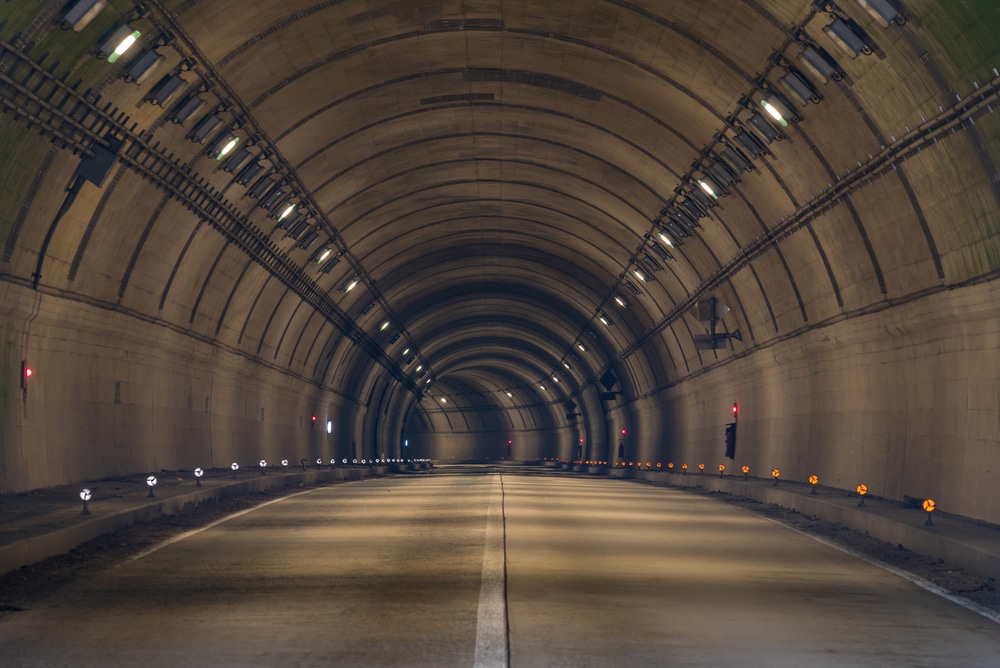
Tunnels, like steel, are an important part of everyday modern life. They help reduce traffic and provide a quicker and more convenient mode of travel in bigger cities.
Tunnels pass through various surroundings, ranging from water, caves, mountains, and other natural features. That’s why one of the most important factors in creating a safe and sustainable tunnel is its material. Not only does it need to be strong enough to maintain its form in its surroundings, but it must also be durable enough to resist long-term wear with minimal maintenance.
Why Is Steel Used in Tunnels?
The top choice material for tunnel construction is often steel. It is used so frequently because it doesn’t need any extra protection against wear due to its natural properties. It even resists extreme distress, like fire.
Steel is one of the strongest metals, and yet it retains its quality for many years with little need for repairs. This is especially vital in underground environments that are susceptible to corrosion.
Road Tunnels
Most tunnels are road tunnels used for daily transportation. They are constructed to pass through bodies of water like lakes and rivers or through hard rock.
Tunnels are often subjected to harsh temperatures, natural damage from the climate, and chemicals. These chemicals can sometimes erode the tunnel or cause fires, which can be dangerous. Luckily, in many cases, certain steels can be used to mitigate these risks or solve problems in existing road tunnels.
Railway Tunnels
Railway travel is an increasingly popular way to avoid road congestion and travel long distances in a shorter amount of time. New railways are being made every day in an attempt to connect urban and rural areas and assist with international travel.
The construction of railways needs to be highly detailed so it can last for decades to come. Railroads are commonly impacted by water damage and chemical damage from land erosion. Diesel trains emit chemicals like sulfur dioxide, which may further damage the tunnels after long-term use.
Since the first availability of steel on the market, it has been used in railway tunnels as a primary material or support due to its incredible resistance to these types of decay.
Underwater Tunnels
Similar to roads and railways, underwater tunnels are sensitive to water and chemical damage. Large demands are placed on underwater tunnels due to water pressure, so their construction must consider all of these factors at once.
Again, steel makes an ideal material for the construction of underwater tunnels due to its many grade ranges, so you can find the right choice that will provide long-term effectiveness and resist damage. Steel is also generally safer and cheaper for manufacturers because of its reliability.
Tunnel Lining Supports
Steel is most frequently used to reinforce existing structures, such as steel beams in tunnel arches. The production of the support segments is generally much quicker when using steel.
Newer design options are coming onto the market for those who want lighter or more flexible construction. Manufacturers’ top choice of material for beams is steel because they are also less likely to be punctured and need costly repairs after installation.
In general, steel is a safe material for most tunnels and reduces costs in installation, repair, and maintenance.


